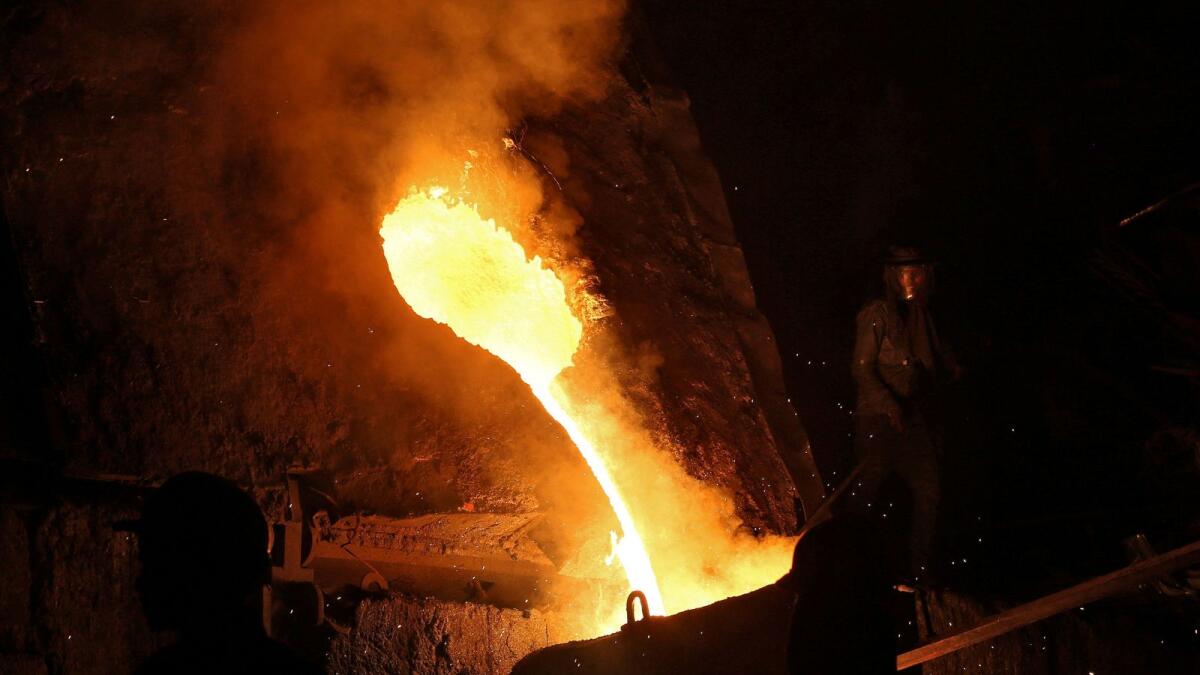In an effort to protect and boost the domestic steel industry, India has announced tariffs ranging from 12% to 30% on certain steel products imported from China and Vietnam. The move comes as tensions between India and China have escalated due to border clashes in the Himalayas in 2020, prompting India to scrutinize Chinese investments and halt major projects. Despite these tensions, Indian Foreign Minister Subrahmanyam Jaishankar stated that India is not closed to business from China, but the focus is on the sectors and terms of business with China.
The tariffs will be imposed on welded stainless steel pipes and tubes from China and Vietnam for the next five years. India has also initiated an anti-dumping investigation into certain steel products imported from Vietnam. This decision reflects India’s efforts to protect its domestic steel industry from cheap imports that could harm local manufacturers. President Xi Jinping of China recently met with Vietnam’s new leader To Lam in Beijing, signaling a desire to strengthen ties between the two countries despite occasional disputes over boundaries in the South China Sea.
The tariffs on steel imports from China and Vietnam are aimed at safeguarding Indian steel producers from unfair competition and ensuring a level playing field for domestic manufacturers. By imposing these tariffs, India hopes to reduce its reliance on imports and boost its local steel industry, creating more job opportunities and contributing to economic growth. The move is part of India’s broader strategy to protect its industries from external threats and promote self-sufficiency in key sectors, such as steel production.
The decision to impose tariffs on steel imports from China and Vietnam is a response to the growing competition faced by Indian steel producers from cheap imports. By raising tariffs on these products, India aims to make it more expensive for foreign manufacturers to export steel to the country, thereby leveling the playing field for local producers. This move is in line with India’s efforts to protect its industries and ensure their long-term sustainability in the face of global competition.
The tariffs on steel imports from China and Vietnam are likely to have a significant impact on the steel industry in both countries, as India is a major market for steel products. Chinese and Vietnamese exporters will need to adapt to the new tariffs by either raising their prices or finding alternative markets for their products. This could lead to changes in the global steel trade dynamics and result in a shift in sourcing patterns for steel products.
In conclusion, India’s decision to impose tariffs on steel imports from China and Vietnam is a strategic move to protect its domestic steel industry and promote self-sufficiency in key sectors. By raising tariffs on these products, India aims to create a level playing field for local producers and safeguard them from unfair competition. This decision reflects India’s commitment to supporting its industries and ensuring their long-term growth and sustainability amidst global challenges.









